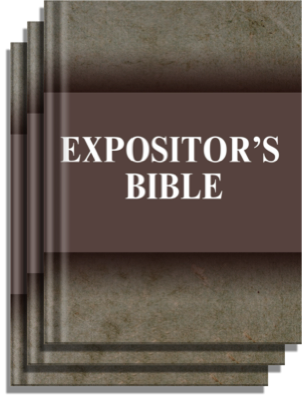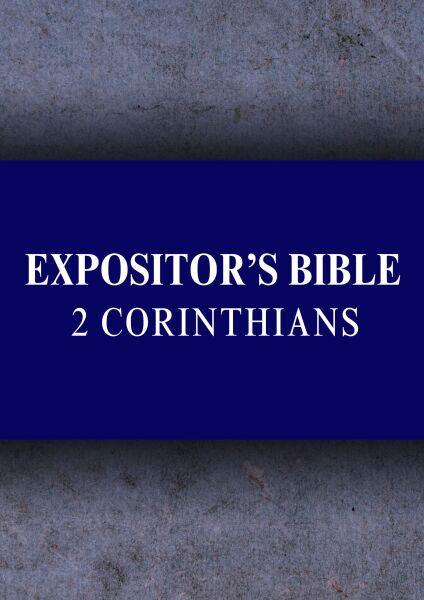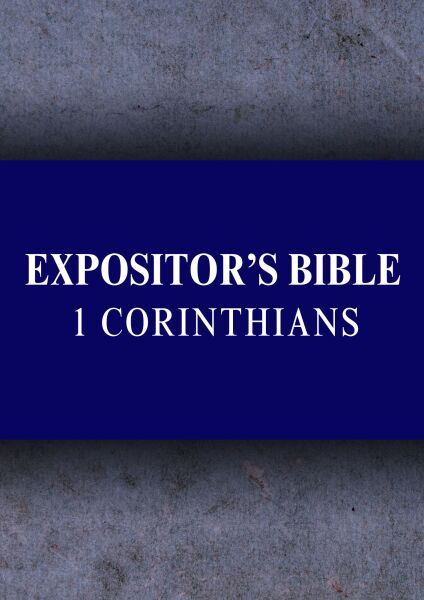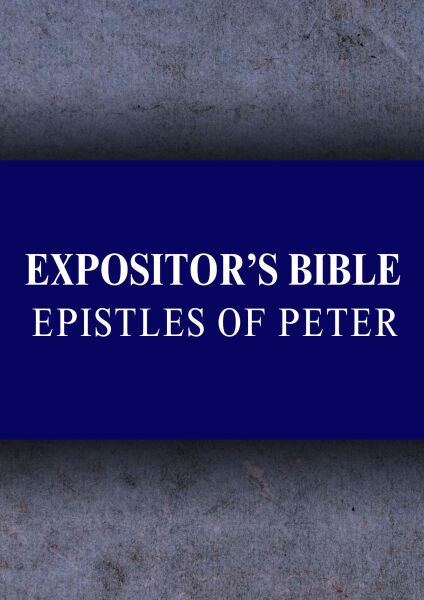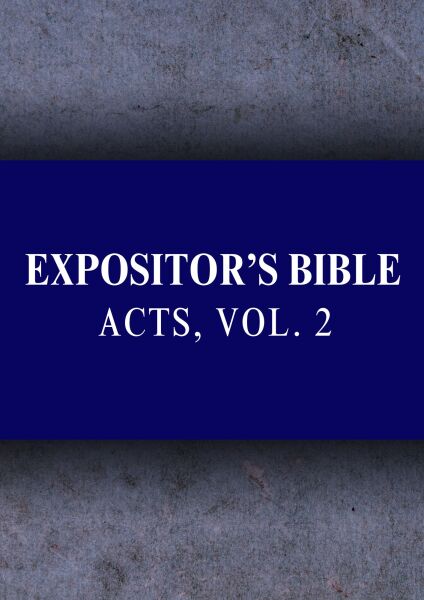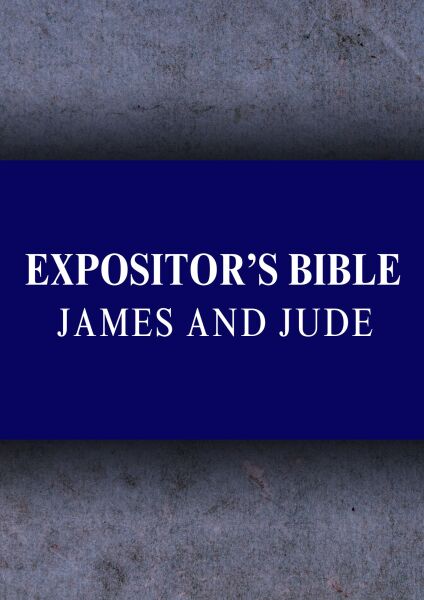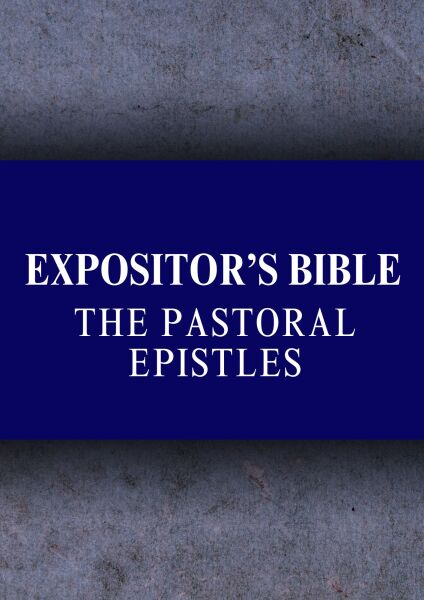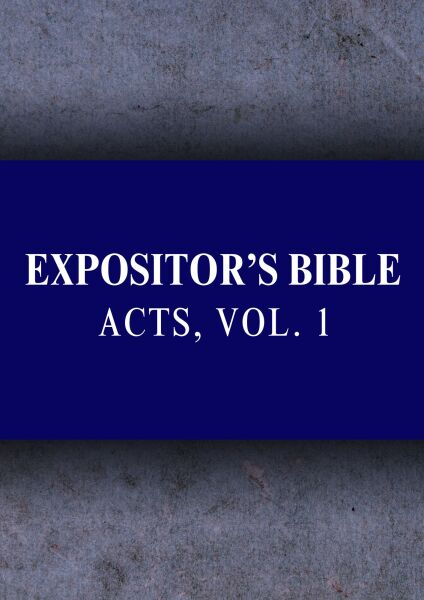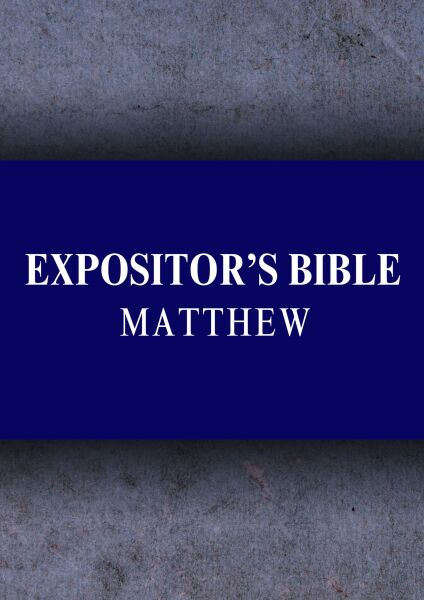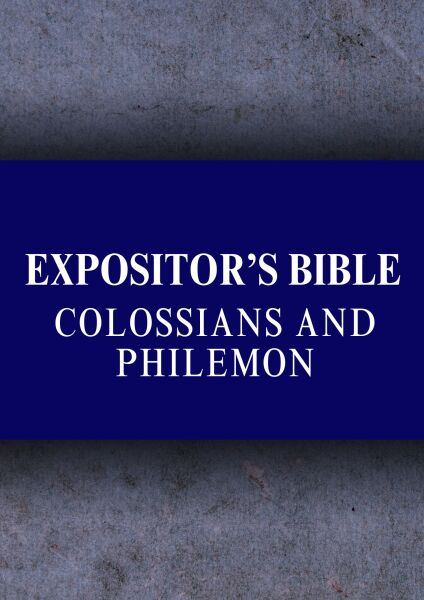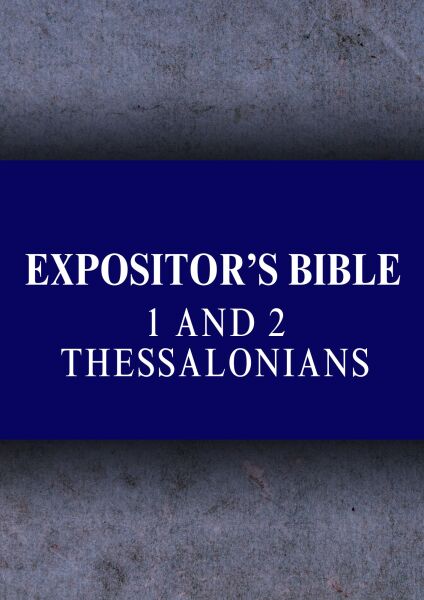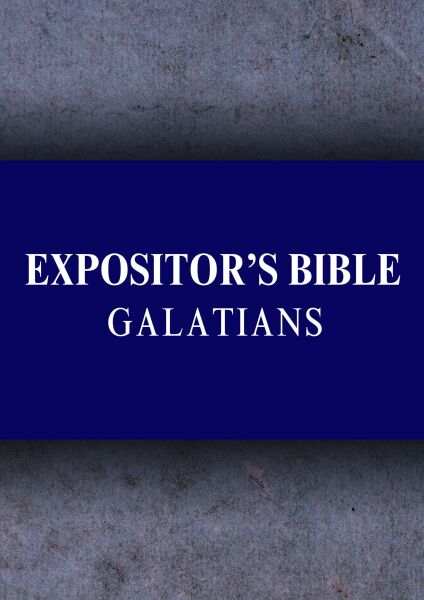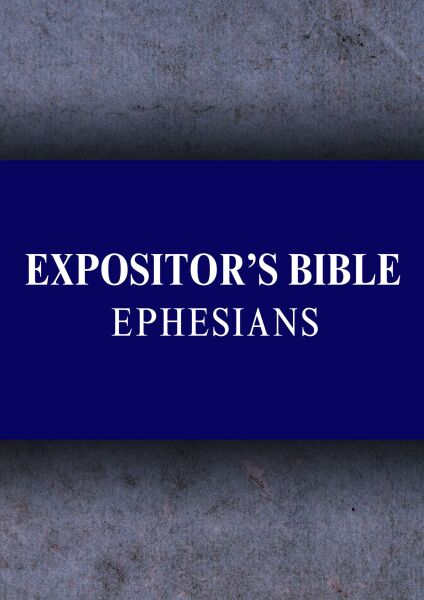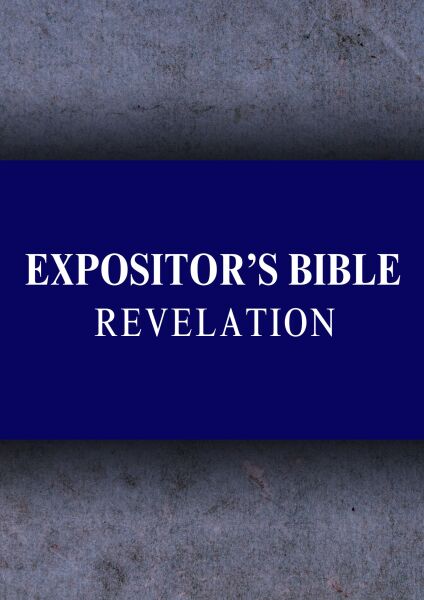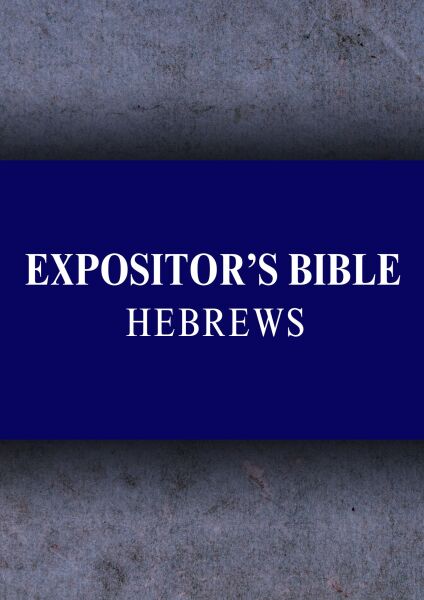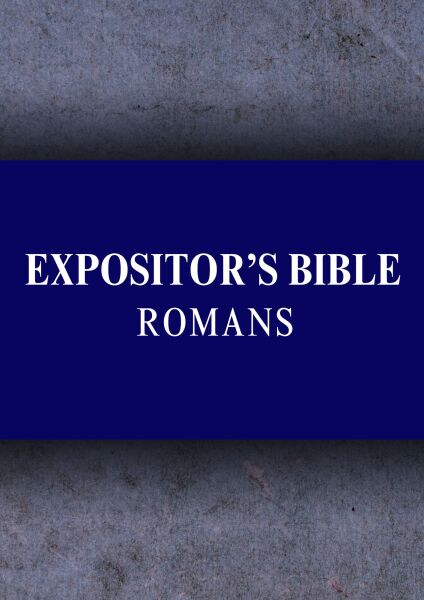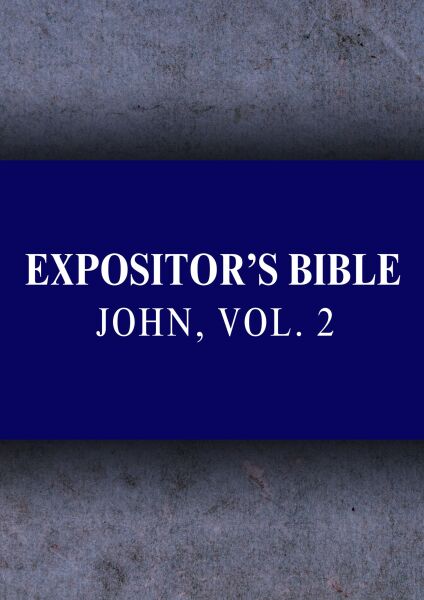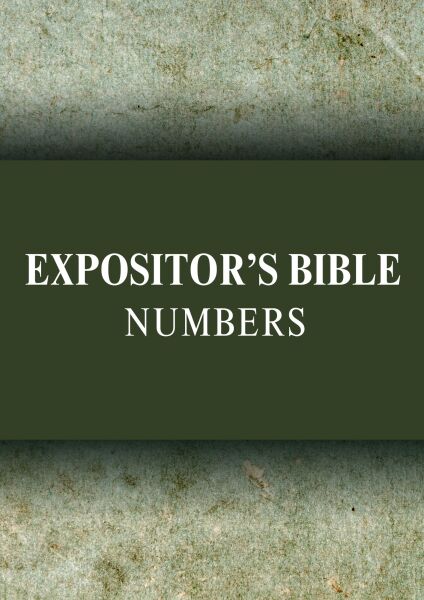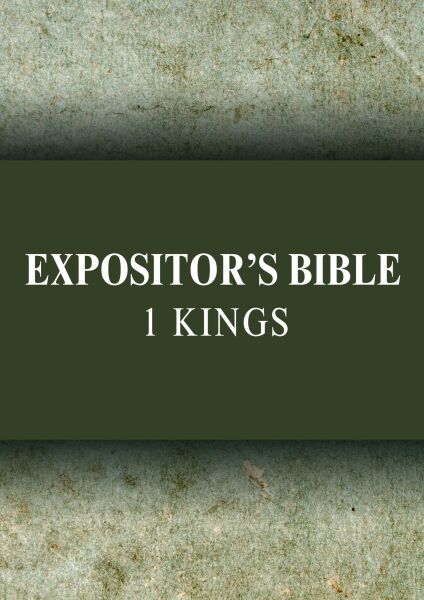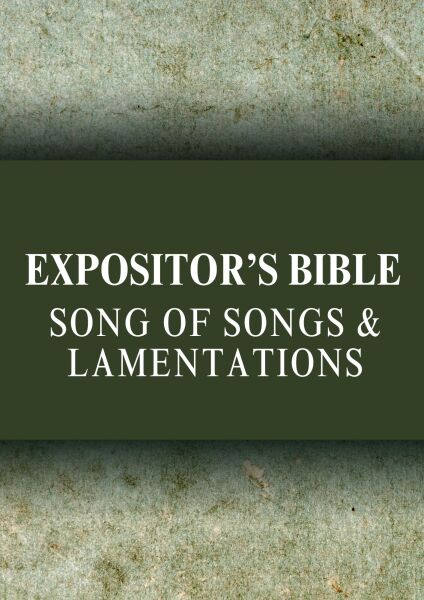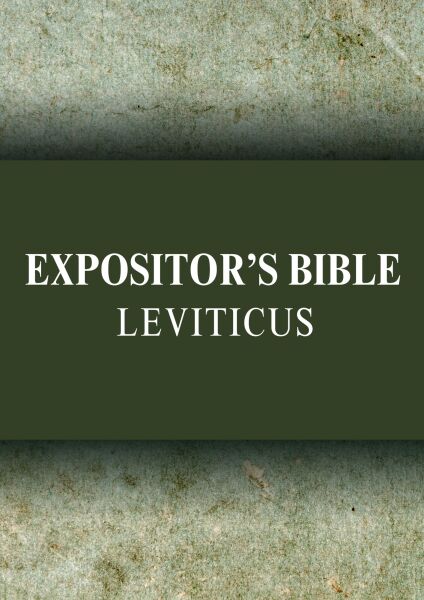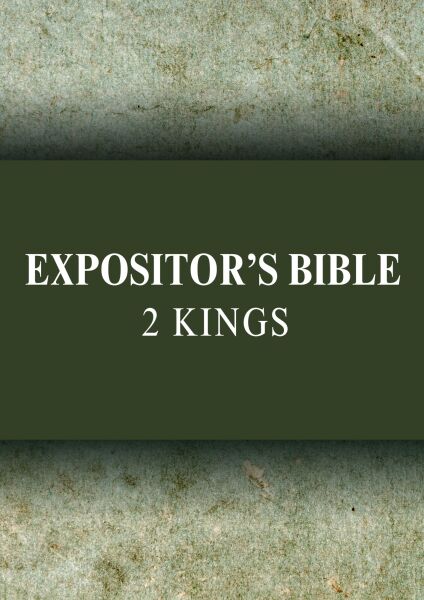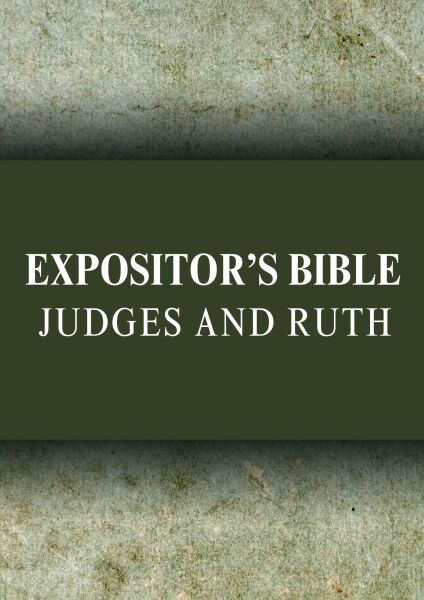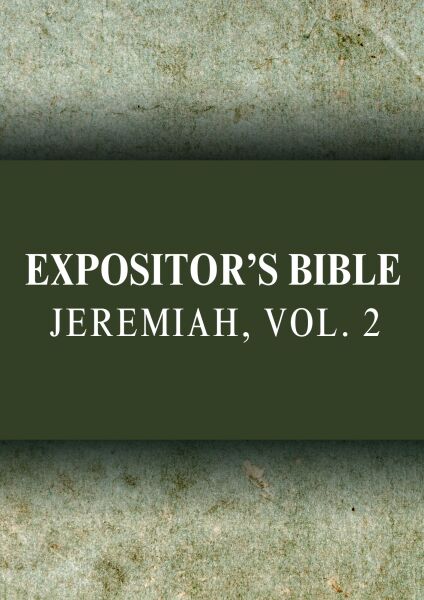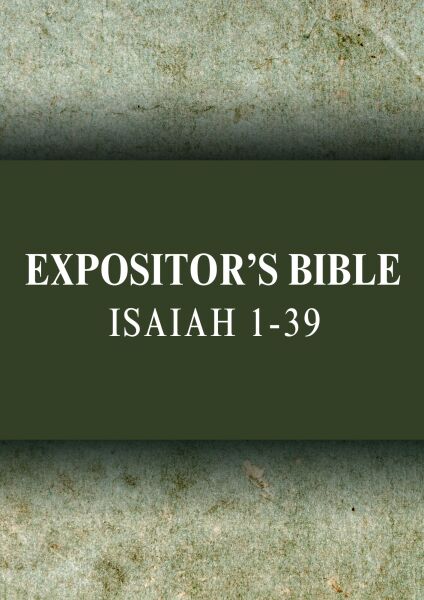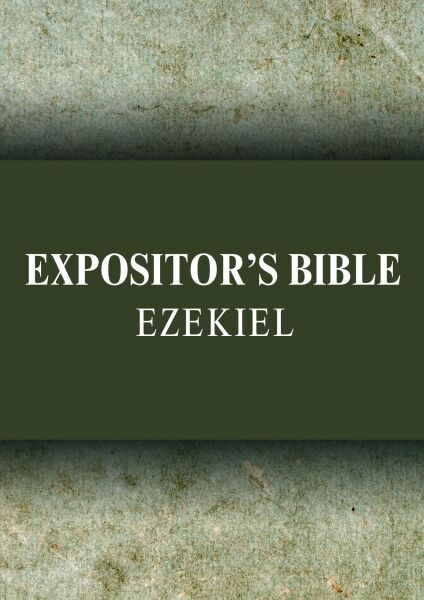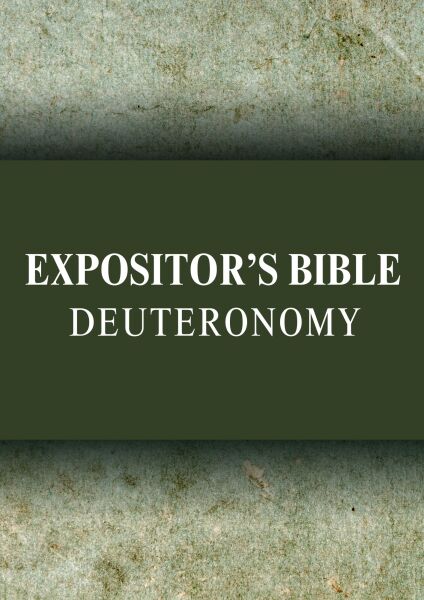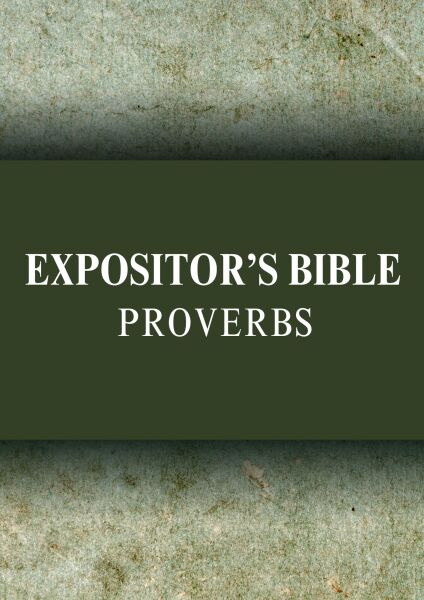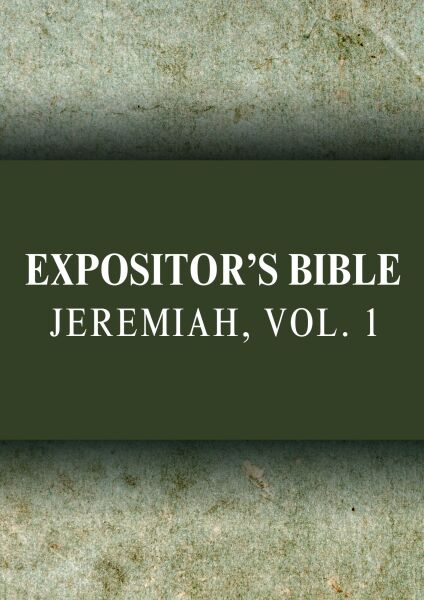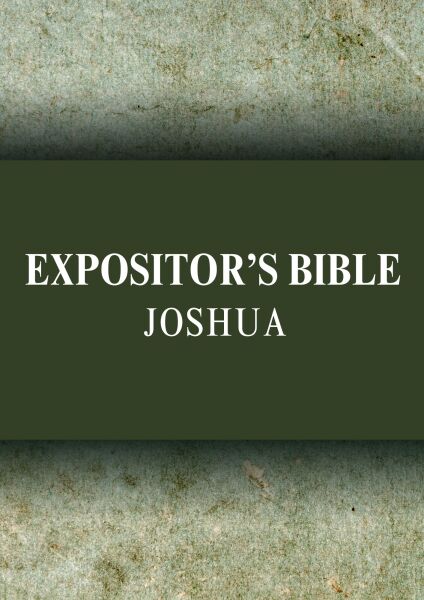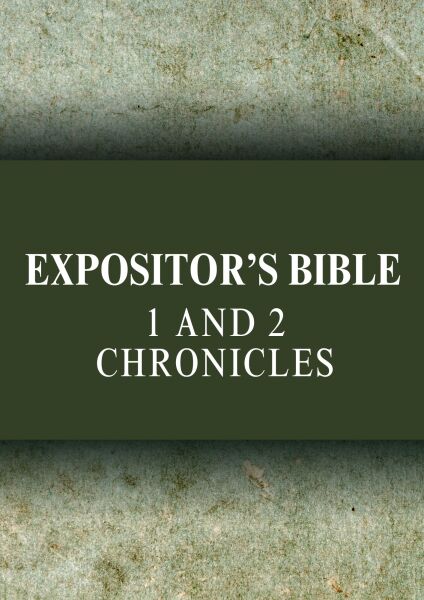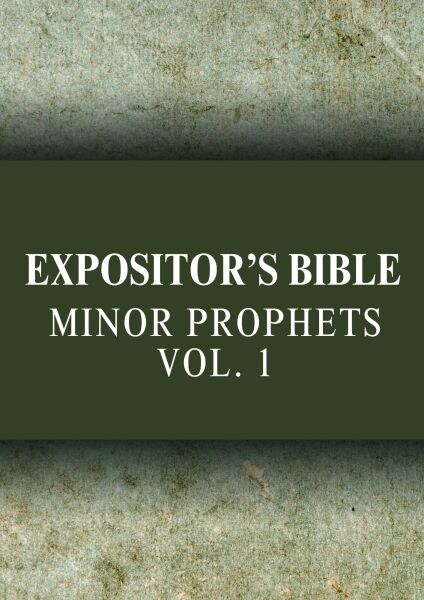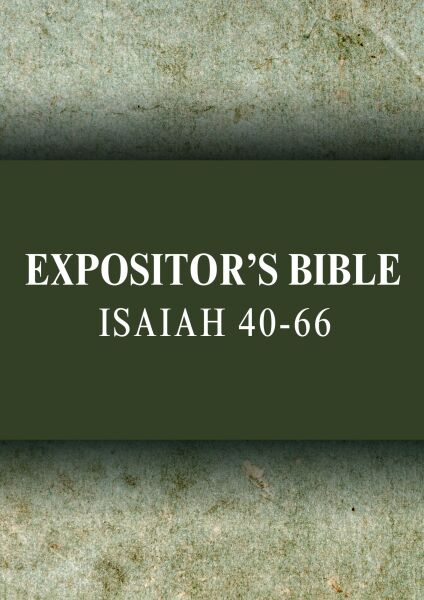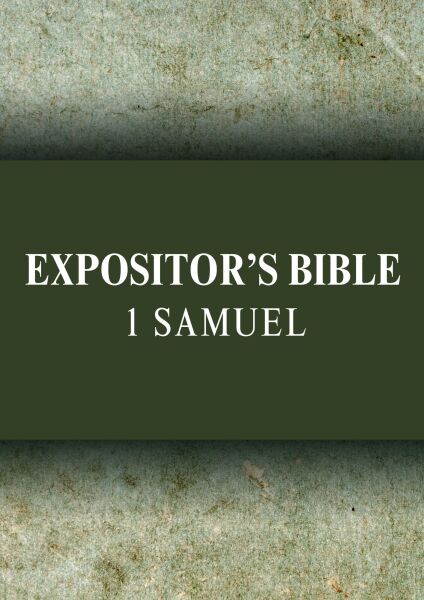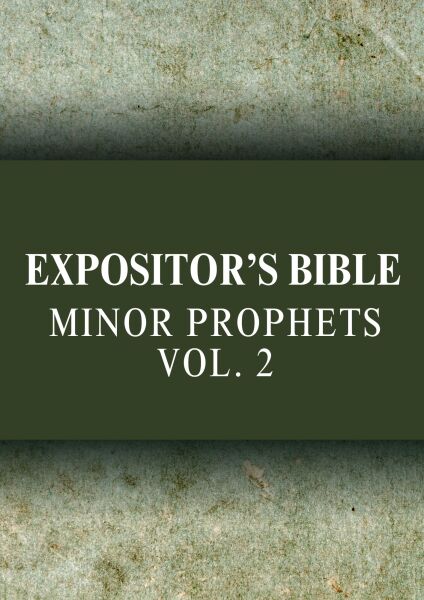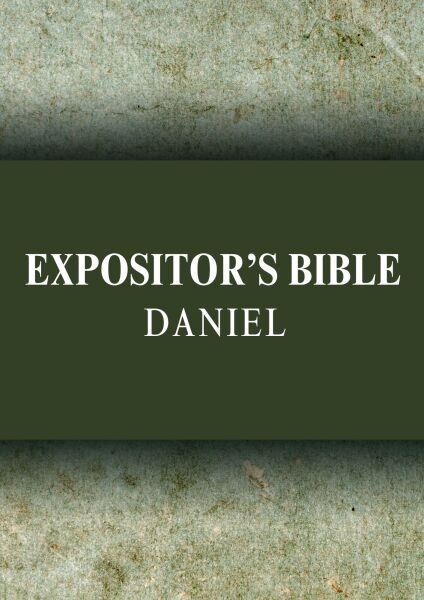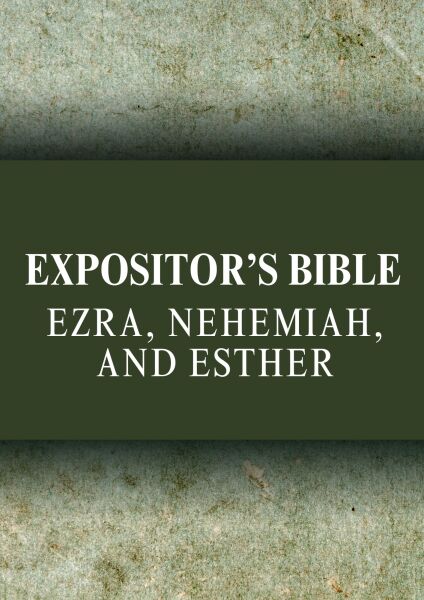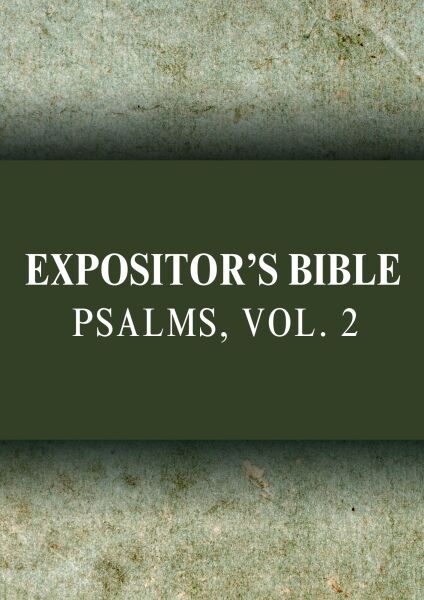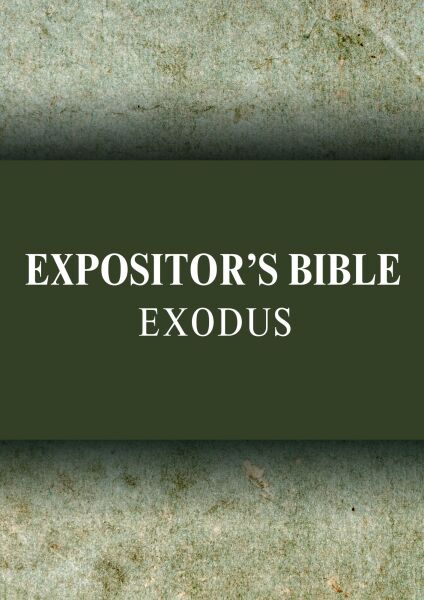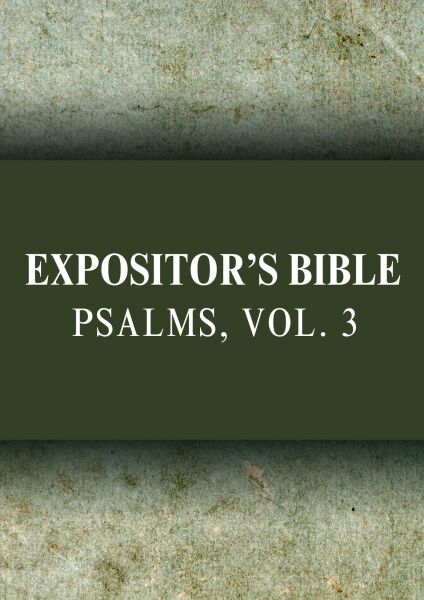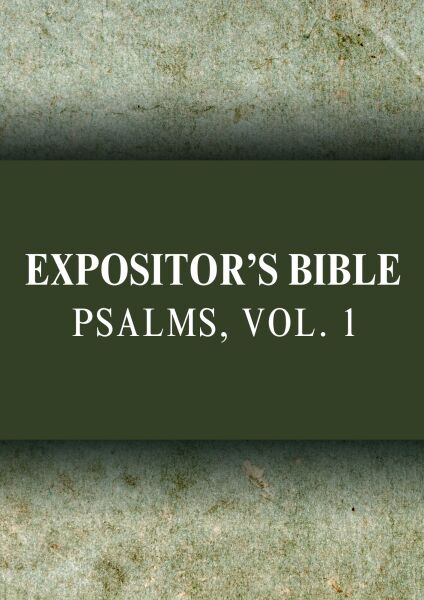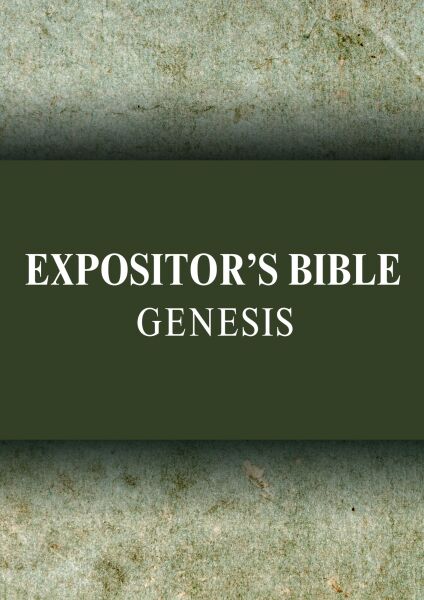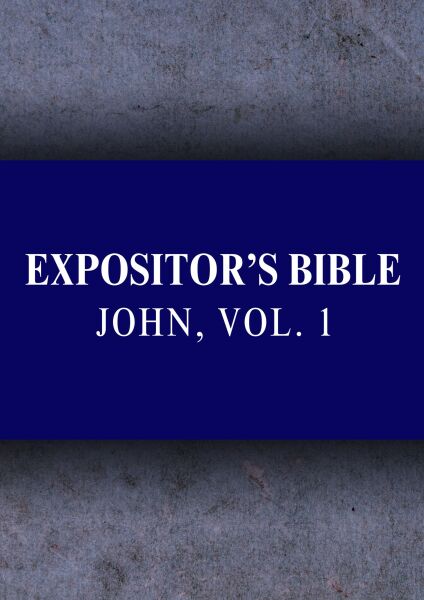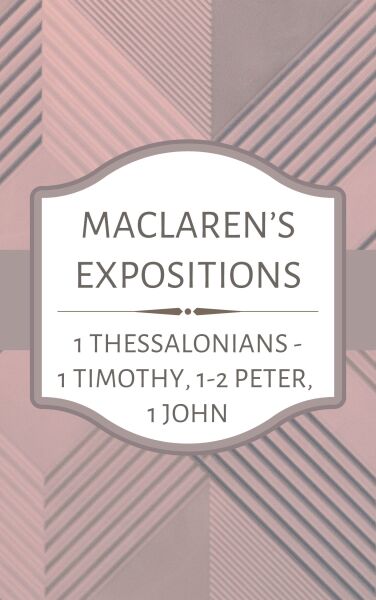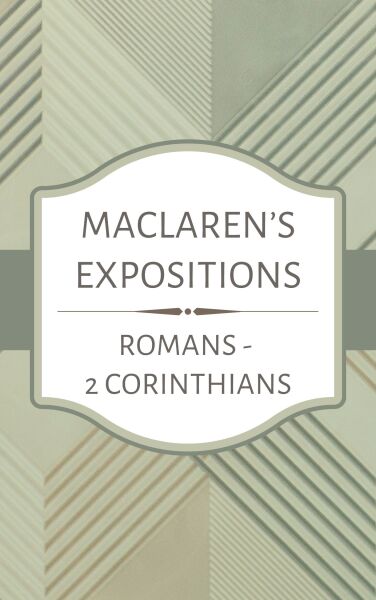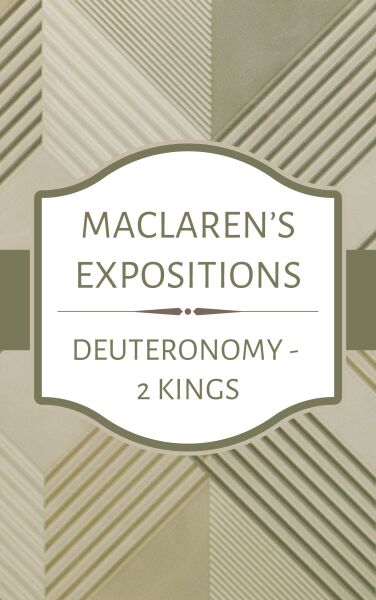

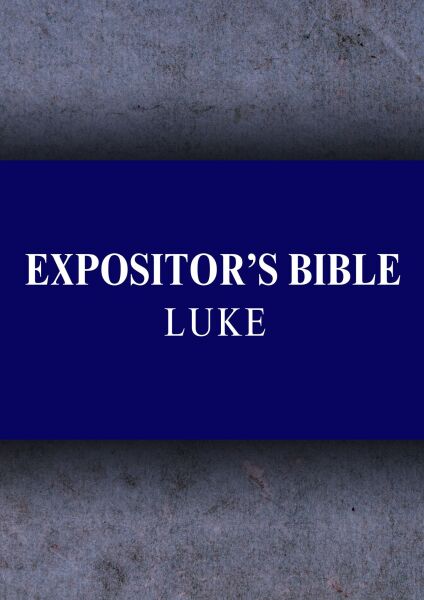
Expositor's Bible Commentary: Luke

Expositor's Bible Commentary: Luke
The Expositor’s Bible was first published in eight series, each with six volumes, from 1888 to 1905. Edited by Sir W. Robertson Nicoll, the series featured contributions from twenty-nine prominent preachers from various Protestant backgrounds, emphasizing the shared beliefs across many denominations.
Nicoll, a theological writer, apologist, and literary critic, was well-suited suited for this role. His position as editor of the prestigious British Weekly gave him the necessary access to recruit prominent preachers to the task, and his literary skills added significant value to the volumes.
The Expositor's Bible is a substantial work, instrumental for sermon crafting and scholarly study. The series enjoyed broad distribution among clergymen and ministers in its day, and the truths within these volumes continue to resonate with preachers, teachers, and students of the Word today.
Rev. Henry Burton MA, DD (1840-1930) was born in England but at a young age his family moved to Wisconsin in the US, where He graduated from Beloit College with honors. He initially pastored a Methodist Episcopal congregation in Monroe, WI, but returned to England and entered the Wesleyan Ministry in 1865, ministering in Lancashire and London. With his gift for composing music, he lent his talents to several songs for worship. Besides this commentary on Luke, his other works include Gleanings in the Gospels, and Wayside Songs.
Sir William Robertson Nicoll, editor, was a distinguished scholar, theological writer, and preacher. Born in Scotland, he served as a minister before moving to England. He earned his MA from the University of Aberdeen in 1870 and was ordained in 1874. In 1884, he became the editor of The Expositor for Hodder and Stoughton. After recovering from typhoid in 1885, he retired from preaching and founded the British Weekly, which he edited until his death in 1923. This publication greatly influenced non-conformist churches in England. Shortly after launching the British Weekly Nicoll began releasing the Expositor's Bible volumes, which he oversaw as editor. In 1909 he was knighted by King Edward VII.
